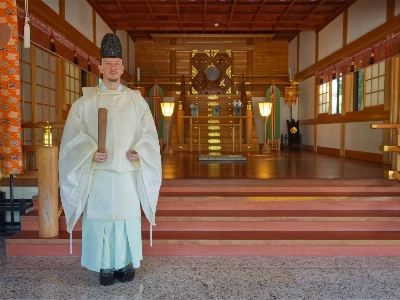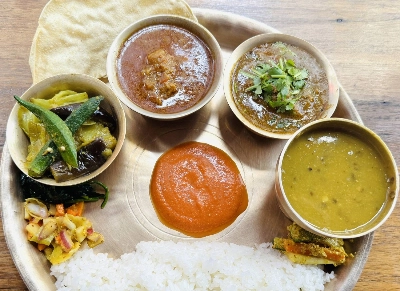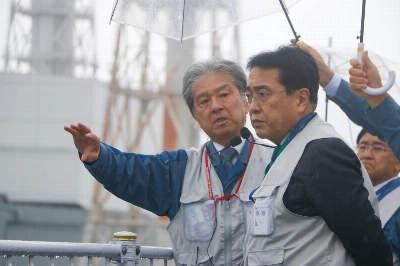Four medical science societies that studied diseased kidney transplants performed by Dr. Makoto Mannami of Uwajima Tokushukai Hospital in Ehime Prefecture have issued a report stating that, at present, such transplants have "no medical validity." Citing lack of informed consent and deliberation by an ethics committee, they criticized the urologist's practice as "experimental medical treatment that was conducted in a closed environment."
But shortly before the report was announced, the Hiroshima Prefectural Medical Association had declared that it wanted to pursue the possibility of using unhealthy kidneys for transplant as a "third way." An association of Dr. Mannami's patients objected to the report, saying it ignored patients' wishes. The debate reflects the background of Dr. Mannami's actions -- a shortage of kidneys donated for transplant. The government and the medical world need to consider practical and effective ways to increase the number of kidney donations.
Dr. Mannami conducted 42 transplants at Tokushukai and two other hospitals, using kidneys from patients suffering from kidney cancer, nephrosis and other diseases. The Japan Society for Transplantation has found that the overall five-year survival rate for the 25 transplants conducted at Uwajima Municipal Hospital is 71 percent compared with 84 percent for transplants of healthy kidneys from donors declared dead after their hearts stopped. The survival rate for cases in which cancerous kidneys were used is 46 percent. But the head of the society does not rule out the future possibility that advances in the treatment of kidney diseases will enable transplants of diseased kidneys.


















With your current subscription plan you can comment on stories. However, before writing your first comment, please create a display name in the Profile section of your subscriber account page.